I grew up in the era of processed food.
- Breakfast? Break out the milk, cereal and O.J.
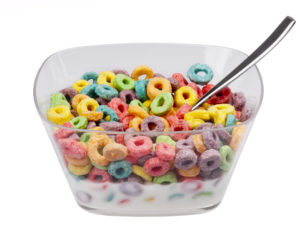
- Mid-morning snack? Grab a candy bar from the vending machine.
- A little soup and sandwich for lunch: grab bread, American cheese slices, and a can of soup—all warmed in the microwave, of course.
- Want cookies? Open a package in the cupboard. Grab some chips & canned salsa for an appetizer, and order pizza for dinner.
- Dessert is ice cream from the store, or maybe a colorful pack of candy.
This was a way of life for my generation, and we didn’t know any other way.
If someone pointed out that everything I ate in a given day was processed in some way, I wouldn’t even care, much less know what that meant. Looking back, I cringe at the things I once ate, and I marvel that people still eat this way.
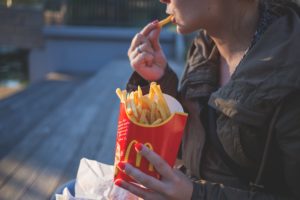
Whenever I venture into the grocery store there are inevitably people with carts loaded full of popular processed items: TV dinners, ice cream, packaged snacks, breakfast waffles and canned everything.
I remind myself that there was a time when I didn’t see anything wrong with these items either, and I realize how important for us to educate ourselves about nutrition and the dangers of processed food.
My food education came in stages.
You could say I was privileged because my parents were very health-conscious. This gave me an interest in health and some knowledge that the food we eat does matter.
 Still, I bought into the idea that food is food, and surely the government and food companies wouldn’t allow anything into the marketplace that was harmful for us.
Still, I bought into the idea that food is food, and surely the government and food companies wouldn’t allow anything into the marketplace that was harmful for us.
…Right?… ….Right?
Slowly, though, I started to see the world differently. I began to realize that huge billion-dollar food companies were just that: profit-centered businesses.
I began to realize that my health was my own responsibility.
Wake-Up Call
When I began this research, and became aware of the toxins and nutritional deficit in almost all of the “food” I was eating, I became disillusioned and depressed.
I felt betrayed by the system, abandoned in a world that didn’t care whether I lived or died, as long as they made some money from me while I was here.
I began to educate myself. I realized that all of the information I needed was out there; I just had to find it. And with the internet these days, if we have anything in abundance, it’s information. Knowledge is power, and I was about to empower myself to a whole new level.
Big Food is Not Our Friend
We’ve literally grown up on processed food, and most of us never thought twice about it. Cereal for breakfast, candy for snacks, and fast food burgers for dinner was just our way of life.

When I began to realize that the food industry was not in the business of keeping me healthy, I started to educate myself, and I discovered a lot of things that needed to change.
I was overwhelmed: so many things to change in my own diet, not to mention changing the mammoth food industry as a whole.
But all I could do was begin with myself and try to educate others so they could make their own intelligent choices. A friend introduced me to a book called Nourishing Traditions that totally changed the way I think about food, along with a few other books (like this one).
 The first thing I began to eliminate from my diet was artificial sweeteners. The news was reporting studies that aspartame was definitively linked to cancer.
The first thing I began to eliminate from my diet was artificial sweeteners. The news was reporting studies that aspartame was definitively linked to cancer.
Wait, what?
I grew up drinking diet soda. Sugar is bad, right? But now the alternative is going to kill us.
Wonderful.
Next I saw studies of artificial colors linked to brain disorders such as autism and even tumors and cancer. I began studying the ingredients lists more carefully now, and started wondering what all of those other unpronounceable ingredients were. Research into each ingredient resulted in some unsettling information.
Almost every ingredient was questionable at best.
This is where it began: my disillusionment with the food system in America.
Up until this point I trusted the food supply. I realized now that food corporations weren’t trustworthy: they were after the bottom line, no matter how many corners needed cutting. I realized that cheap food comes at a cost, but I still didn’t understand the extent of that cost.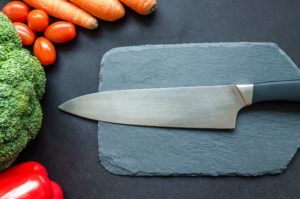
After I began to see that virtually no processed foods were free of the dangerous ingredients I had learned about, I realized that getting rid of processed food altogether was really the only option. Like everyone else, I was used to the convenience of processed food, and frankly, I didn’t know how to cook food from scratch.
Could I do it?
Organic Food 101
Around the same time I had discovered organic food. At first I didn’t believe the hype: I thought it was just another way to mark up the price of the same food.
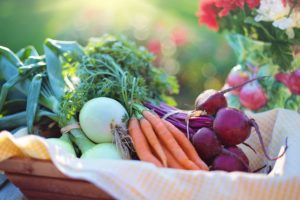
Then I tasted it.
Apples, chicken, milk, you name it! It was like I’d never had these foods before.
An apple tasted more like an apple, and chicken was more… flavorful! Rich! Delicious! Almost everything I tried tasted better and was more colorful and healthy-looking, and because of this I concluded that these types of food probably contained more nutrients as well.
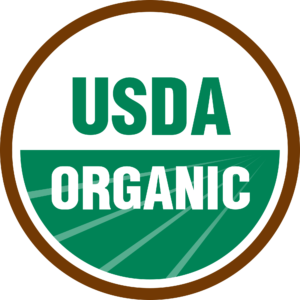 After tasting the difference, I was convinced. So my first thought was to switch to organic processed food.
After tasting the difference, I was convinced. So my first thought was to switch to organic processed food.
Genius, right?
Easy, awesome and healthy: win-win! And most of the offending ingredients I was trying to avoid were absent in the more expensive organic-certified packages. Score!
I also began following a number of health-living, organic-minded, do-it-yourself blogs; documenting various clever ways people have come up with to make their own versions of beloved, processed junk food.
After all, we grew up with it, and when you have a craving you can only resist it for so long. Fortunately, there are a lot of creative people out there who have already tested recipes for our favorite comfort and junk foods using real ingredients. Just try searching “paleo brownies,” “real food fudge,” or “grain free mac & cheese” to get the idea. If you want it, there is a healthy-substitution recipe out there that tastes good.
Enter Traditional Food
So here I am, fully committed to eating only organic food, and happily munching away on my organic crackers, cookies, pastas, breads, and cakes.
Enter Traditional Food.
I was introduced to a book called Nourishing Traditions by Sally Fallon, which documents and supports an earlier work by Weston A. Price called Nutrition and Physical Degeneration (both of these books are so good, and I highly recommend you read them).
These two books turned everything I knew on its head. They not only confirmed my unwilling belief that processed food (organic or not) was the devil, but they confirmed what I secretly knew instinctively, deep down: people have been thriving on their local, fresh, whole, traditional diets for millennia, and within a few years we industrialized the whole food system to make food cheaper, easier, and more convenient.
These “benefits” have a cost, however, and that cost is has become higher than anyone could have guessed. I started watching the growing number of documentaries showing the cover-ups in the industrial food system in America.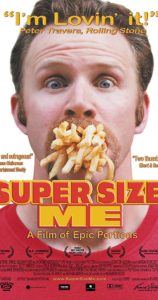
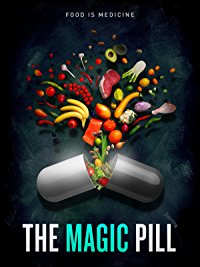
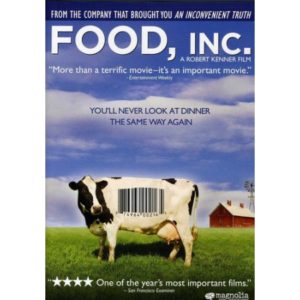 Continue reading “Step Away From the Can: Ditch Processed Food For Good”
Continue reading “Step Away From the Can: Ditch Processed Food For Good”


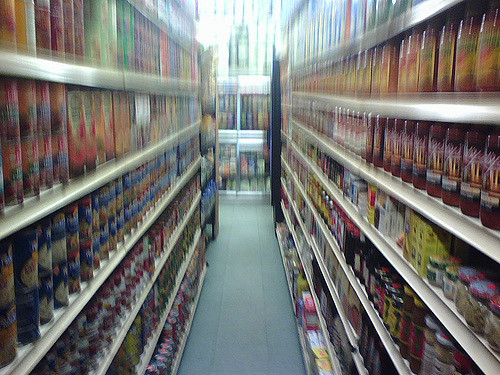
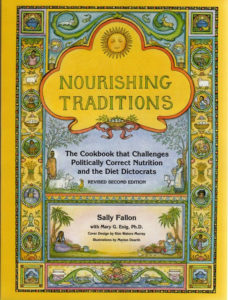

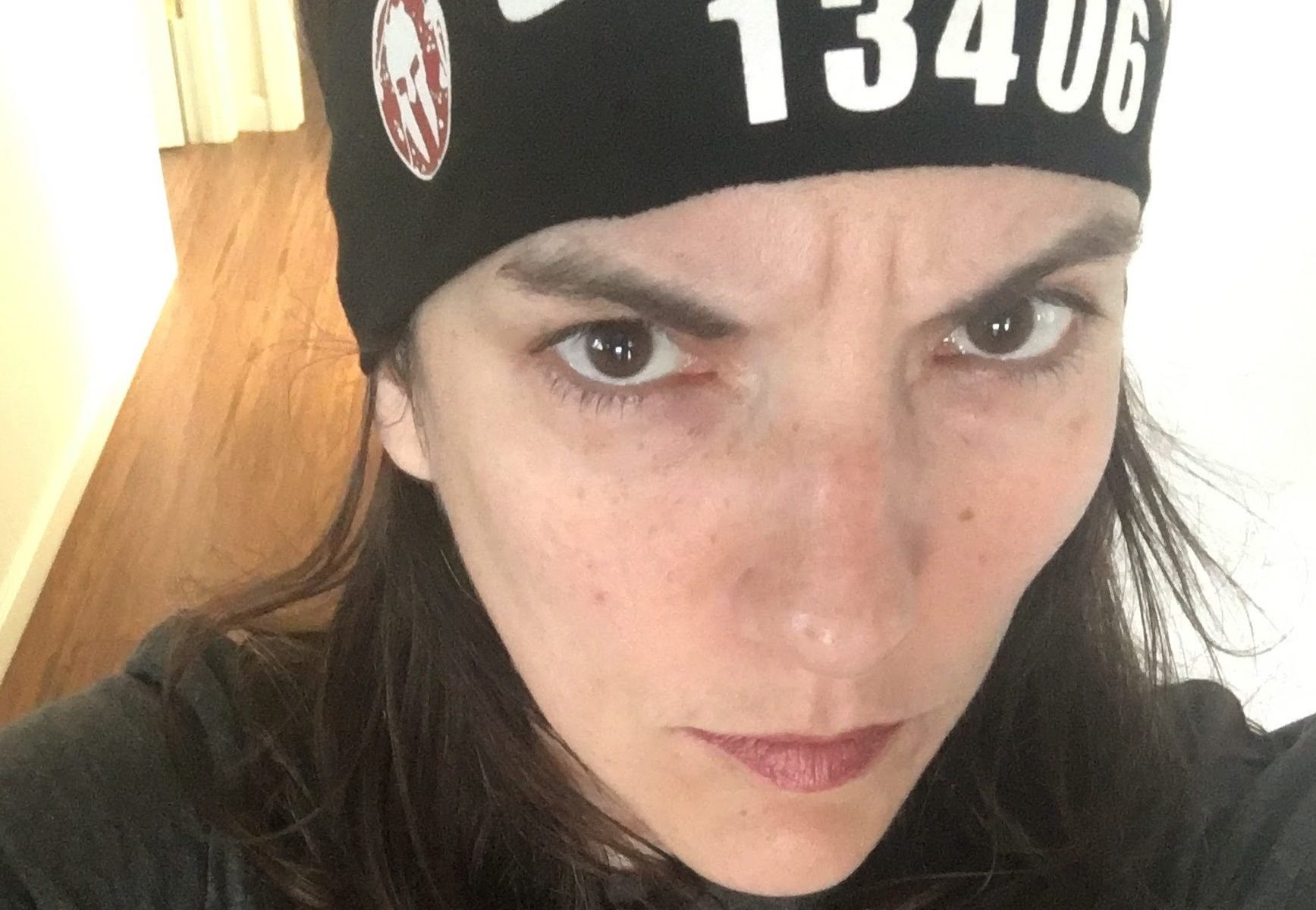
 In America we’re all about freedom.
In America we’re all about freedom.